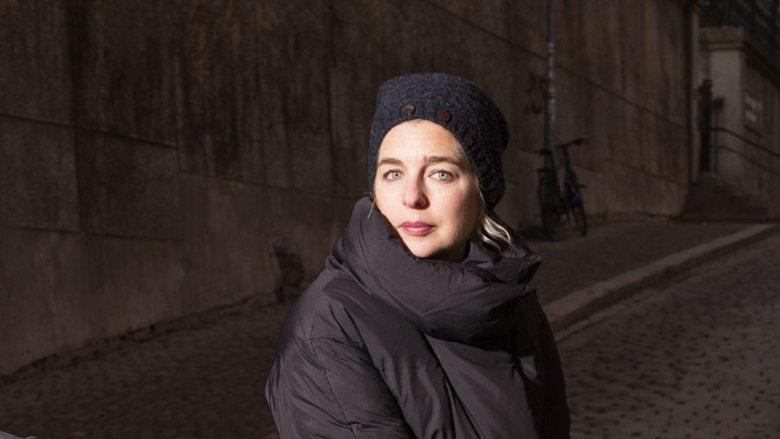Expert coordinator in critical care with limited resources starts working at Centre for Health Crises

Märit Halmin starts her new role as expert coordinator in the field of ’critical care with limited resources’ at the Centre for Health Crises on the 7th of November. Her role will be to coordinate and develop the centre’s operations within the field.
Märit Halmin is an anaesthesiologist and intensive care physician at Södersjukhuset, who already conducts research at the Centre for Research on Health Care in Disasters at the Department of Global Public Health at KI. She defended her PhD at KI in 2017 with the thesis "Transfusion in critically ill patients: short- and long-term outcomes". Märit also has plenty of experience of working in disaster areas, mainly with Médecins Sans Frontières (MSF), but also with the WHO in Lebanon, following the explosion in the port of Beirut in 2020. In Lebanon Märit also conducts research on methods of evaluation of quality of intensive care and the development of minimum standards.
The Centre for Health Crises is recruiting expert coordinators within a wide number of fields of expertise that are important in health crises. So far Mattias Öberg, on the topic of chemistry and disaster toxicology, and Petter Ljungman on extreme weather and its health consequences, are affiliated to the centre. The centre plans to recruit more competences, both connected to particular health threats, but also on cross-cutting themes, such as intensive care with limited resources. Within their respective fields the expert coordinators will plan relevant activities, that will contribute to the centre reaching its strategic goals.
Märit’s role will cover monitoring and expertise within the field critical care with limited resources. Additionally, she will also identify and connect ongoing work within the field, both internally at KI, and externally, and develop collaborations. The focus will initially be on two topics: care of critically ill and quality in time of crises.
- I have worked in crises and disasters for a long time, mainly as a physician, but lately also with research in disaster medicine. I look forward to bringing that experience to my role at the Centre for Health crises and continue to work towards effectively reaching out with the expertise and knowledge that exists, in a health crisis, as well as continuing the work to improve our preparedness for future crises, says Märit.
